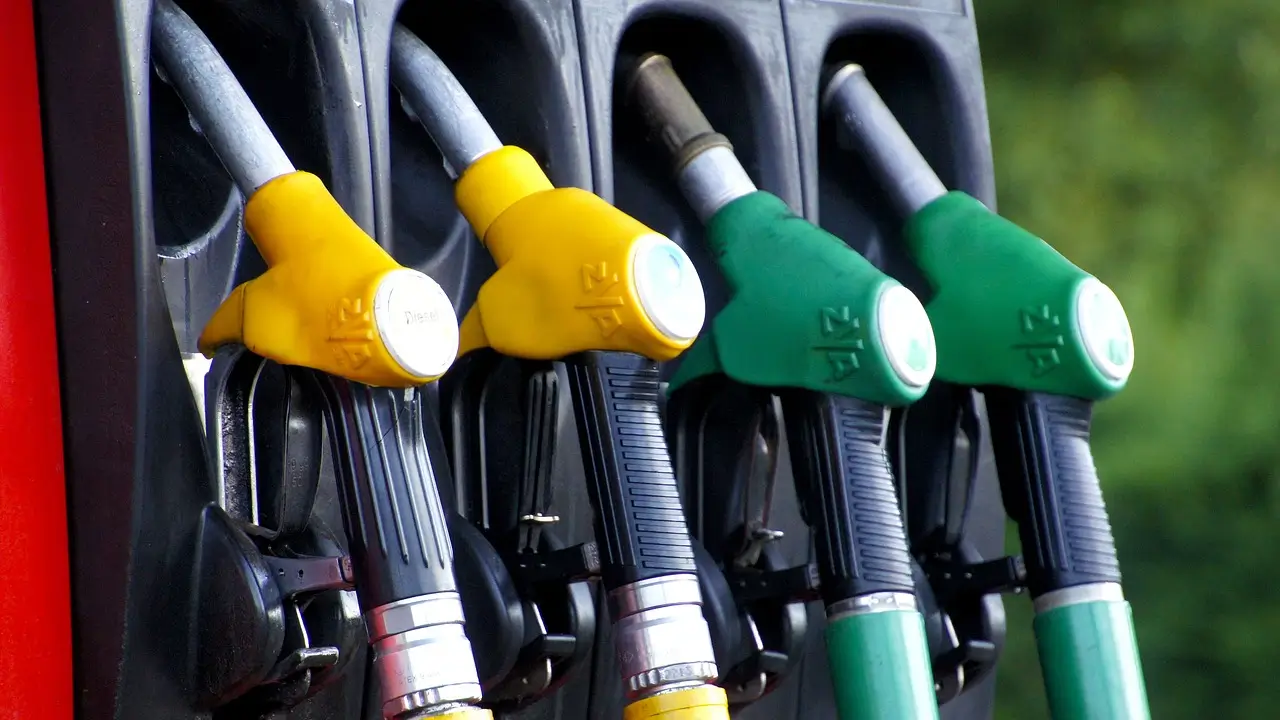How do you know which type of fuel to buy for your vehicle?
Selecting the optimum gasoline for your vehicle is vital for improving performance, assuring longevity, and sustaining efficiency. With a variety of fuel types at your disposal, such as diesel, gasoline, and alternative fuels, knowing your vehicle’s specifications and needs can help you make the right decision. This comprehensive guide will explain to you how to determine which fuel type is best for your automobile or truck.
Understanding the Needs for Your Car
The first step in choosing the appropriate fuel for your vehicle is to study the owner’s manual. This important document includes specifics regarding the fuel type, suggested octane ratings, and any special specifications established by the manufacturer. The resistance of the fuel to knock during combustion is used to determine the recommended octane level for most vehicles made for regular gasoline usage. Generally speaking, there are three types of fuel: ordinary (87 octanes on average), mid-grade (89 octane), and premium (91 or 93 octane).
Manufacturers may suggest premium fuel for cars with more powerful engines to enhance the economy and reduce knocking. Conversely, regular cars can typically operate efficiently on normal gasoline without any ill impacts. Diesel fuel, on the other hand, is denser and offers more energy per gallon than gasoline, and diesel engines are built to run only on it. The wrong kind of gasoline can cause serious performance problems and long-term harm.
Fuel Types:
Gasoline, diesel, and alternative fuels are the three basic categories into which fuel types can be generally divided.
Gasoline
In the automotive sector, gasoline is the fuel type that is most frequently used. To accommodate varying engine requirements, it comes in a range of octane ratings. Most automobiles run just fine on regular gasoline, but high-performance cars could benefit from premium or mid-grade fuel. It’s important to remember that while some drivers use premium fuel for standard engines in the mistaken belief that it will improve performance, the benefits are frequently insignificant and can’t justify the increased expense.
- Audi GT50 Concept: A Loud Reminder of Why Car Enthusiasts Fell in Love With Audi
- Nearly 30% of UK Drivers Believe Car Tax Should Be Based on Mileage — Survey
- Why Planes and Boats Escaped the Luxury Tax But Cars Didn’t
- Australia’s Headlight Confusion: Authorities Warn Drivers After Viral $250 Headlight Rule Goes Wild Online
- 2025 Hyundai Venue Facelift Launched in India – Full Details, Variants, and Price
Diesel
Diesel fuel offers the best torque and fuel economy because it is made especially for diesel engines. Since diesel engines can produce more power at lower RPMs, they are frequently seen in heavy-duty vehicles like buses and trucks. Make sure your car is a diesel type before you contemplate diesel fuel because gasoline in a diesel engine might lead to disastrous consequences.
Alternative fuels
Alternative fuels have been more and more well-liked in recent years because of their advantages for the environment and possible cost savings. To reduce pollution and our dependency on fossil fuels, gasoline is often combined with ethanol mixtures, sometimes known as E10 or E85. Another practical option for diesel engines is biodiesel, which is made from sustainable resources like vegetable oils and can frequently be used without requiring significant modifications.
Electricity and compressed natural gas (CNG) are two other options that are getting easier to get. Battery-powered electric vehicles (EVs) offer a zero-emission alternative, greatly lowering the carbon impact. However, your decision may be affected by regional differences in the infrastructure for charging and refilling.
Cost and Availability in the Area
Geographic location can have a significant impact on the availability and price of various fuel kinds. While traditional gasoline and diesel may be the main fuel options available in rural locations, you may find a wider variety of alternative fuel sources in urban areas. Furthermore, geographical demand, governmental laws, and market conditions all affect how much fuel costs.
Carefully consider any potential cost savings with alternative fuels along with the local availability of the fuel type you want to use when choosing your fuel. Additionally, changes in the market can have a big impact on your total fuel costs, it could be a good idea to keep an eye on local fuel prices over time.
Selecting the appropriate fuel for your car is a complex decision that includes learning about the specs, taking performance and fuel economy considerations, evaluating the effects on the environment, and figuring out how much it will cost and be available locally. Always check your owner’s manual for confirmation that you’re using the right fuel type for your vehicle’s engine. You may improve the performance and lifetime of your car as well as make a positive impact on environmental sustainability by making wise and proactive fuel decisions.
